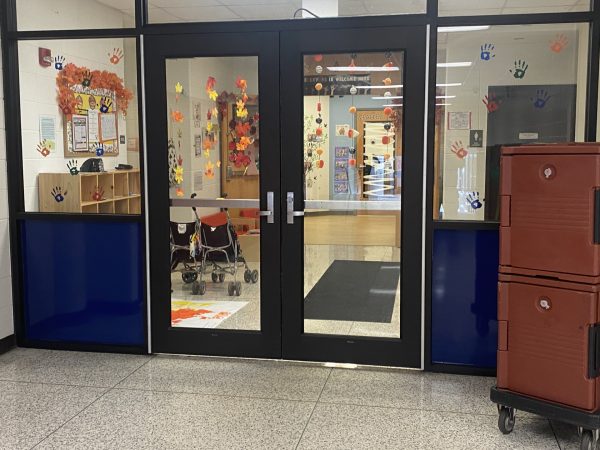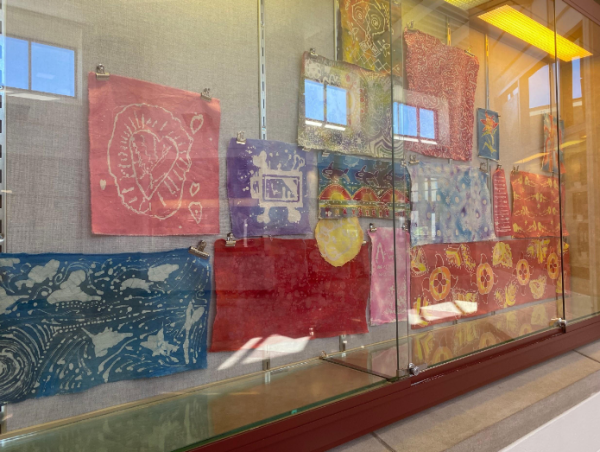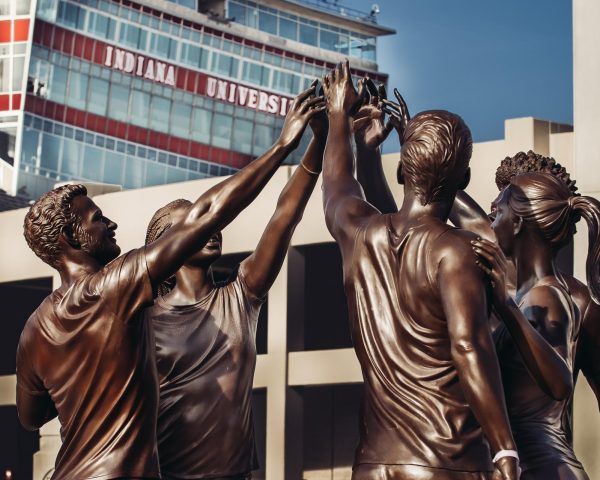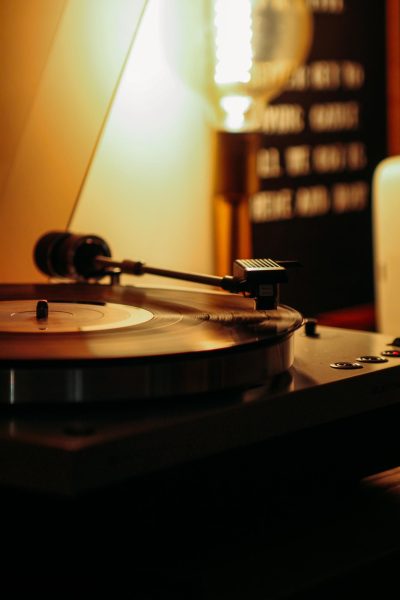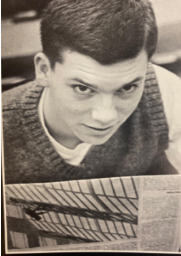Behind the Curtain of Muslim Culture
Growing up and being taught to accept everyone is something that was beat into my head. Don’t judge someone by their race. Stay humble and be nice to everyone. If someone is less fortunate, then don’t judge them by their appearance. I was praised for loving everyone and accepting everyone for who they are.
I was also introduced to religion at a young age. At the age of four, I was going to church with my mom and her husband. I believe in Christianity. When people have religion, it’s great. I also believe that everyone should be happy and live peacefully.
In middle school, I was exposed to new ways of thinking. I met new friends who helped open my eyes to different perspectives. Some of them grew up with both parents, some with one. Others had grown up in foster homes, grandparents, and some in a Muslim family.
I became interested in the Islam religion because many some said it is close to Christianity. I found nothing wrong with the Islam religion and saw no peculiar thing that was upsetting to me.
But others have a different perspective. Some say that it is surrounded with bad teachings, that the people who follow this religion are radicals or believe in hurting others.
I think that they should try to look at the world from a Muslim’s perspective.
One of my closest friends in middle school was Muslim. She was always so kind and carefree. I never saw her as hostile, mean, or even acting in some way that indicated she wanted to hurt someone.
As time went on and we grew closer as friends, I learned more about her and was invited to her home many times.
Her family let me stay the night on the weekends and on special occasions during the week. They owned a rug store and a restaurant. Her mom would pick us up from school and take us to the restaurant to help out with the customers that strolled in, looking for help. She and I would wait tables as her dad made casual talk with the guests and sometimes gave them free food. At the end of our “shift,” her dad would reward us with a sweet treat of special tea from their home country and some spending money. They would then take us to the mall or wherever we wanted to go to hang out together.
When my friend would speak with me she spoke English. But, with her family she mostly spoke Arabic. I felt confused and a little nervous because I was the only one who couldn’t understand, but I got used to it. They even taught me a few responses and actions, which were custom to use with family and friends. I caught on quickly and they were really excited and pleased with my progress.
I never knew her family was Muslim until I actually asked. Her mom wore a hijab, but my friend never did, or at least not around me. She also had three other sisters; they didn’t wear hijabs either.
Once, I was praying over my meal, and when I looked up, they were all smiling at me. I asked them why they smiled, and they said they are glad that I was religious. They asked what I believed in. I told them it was Christianity, then I felt open to ask them if they were religious. They said they were Muslim. I didn’t know what to think at first, mainly because of what the media spread regarding 9/11, Muslim radicals, terrorist attacks. I had so many questions, but they gratefully answered all of them.
I grew to love them like they were my own family, and my friend like she was my sister. Her parents even jokingly said that they would adopt me because they liked me and who I was. I felt so much love, and they were just like everyone else. They never forced me to do anything and were very accepting people.
One weekend when I stayed over, they asked me if I was comfortable enough to go to the mosque with them. I asked if they could explain why they were going on a Sunday. My friend said she went there so she could learn to read and write in Arabic. Her family said that if it made me too uncomfortable, that they could take me home.
But I wanted to go and see what it was like. I wanted to know if it was different from my church. They said I would have to wear a hijab if I wanted to go. I wanted to immerse myself in their culture as much as I could, and so I accepted. When I wore the hijab, I felt like I wouldn’t be judged. No one would look at me differently, except for my friend’s mom and her sister, who both said I looked cute. I was ready for this eye-opening experience.
When we arrived, I noticed the mosque looked like a tower with many stain glass windows, which the sun vibrantly shined through. It was so open and was kind of built like a church, but it was very different inside.
I had to take off my shoes when I got to the door, and my friend also explained that when they have prayer, they have to wash their hands and faces first. I looked in their place of prayer and saw there were no aisles, no podium, and no symbol of the Muslim religion. I was used to seeing all these things in a church, but there, it had a different atmosphere.
I liked it, I was relaxed, and it felt normal.
We went downstairs and even more light shone through the artistic windows. My friend studied, and I became a little board. My friend’s mom took notice and gave me Arabic alphabet to work on. I wrote over and over until I had some letters memorized. She then taught me how to write my name. I felt proud of myself.
More people came in with their children, some even the same ages as my friend and me. Everyone was very respectful and even shared food together. I liked this. I was happy to see so much care in a community that I would have never known existed unless I was willing to take the chance.
I believe in Christianity and don’t have any idea of trying to change that just because I learned about another religion. But I have gained many friends through opening my mind to different ideas and trying to understand where they come from and what they believe in.
My Persian friend is also Muslim. I have friends who are from Iran, Afghanistan, Canada and Algeria, who are all muslim. They are just like everyone else. They shouldn’t be treated any differently than a mother, father, sibling, cousin, a loved one, or a best friend because they are people.
We all are people and should be equal to one another.


